In TypeScript, declare blocks are used to describe your global variables. In other words, they are a way of telling TypeScript what it can expect in the global namespace — but it's your responsibility as a developer to make sure they are actually there.
The way you can create (and describe) global variables depends on the platform.
The browser (DOM)
import * as io from 'socket.io';
window.SocketServer = io.default();
declare global {
interface Window {
SocketServer: io.Server;
}
}
Requires @types/socket.io. Is consumed by accessing window.SocketServer.
Node.js
import * as io from 'socket.io';
declare global {
namespace NodeJS {
interface Global {
SocketServer: io.Server
}
}
}
global.SocketServer = io.default();
Requires @types/socket.io and @types/node. Is consumed by accessing global.SocketServer.
Universal
You can also describe a variable that is already a part of your environment and is accessible to both the client and the server.
An example of such a variable would be process — it's a part of Node.js environment, but build tools like Webpack can expose its contents to the client.
import * as io from 'socket.io';
declare global {
var SocketServer: io.Server;
}
